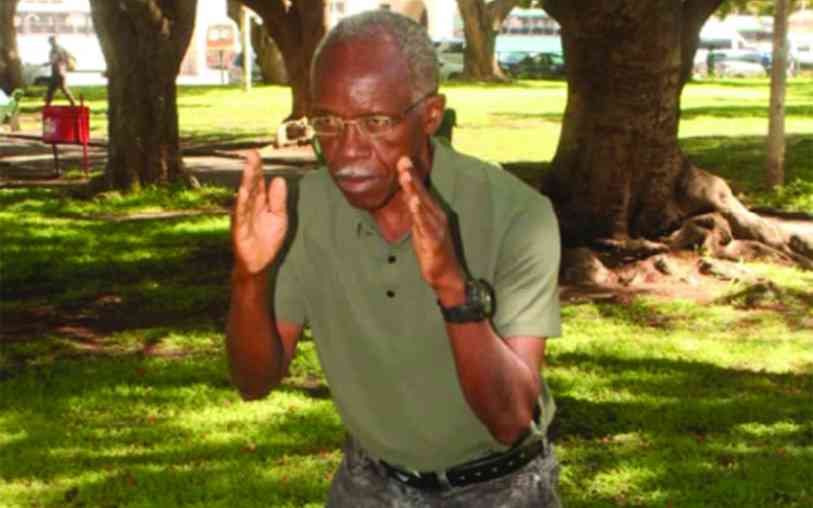
Climate change hit African nations like Zimbabwe are battling to control cholera outbreaks which are being exacerbated by tropical storms ravaging the region.Health experts, who are pushing for solutions to tackle health issues and climate change at the United Nations climate summit known as COP28 in Dubai, say it is high time people start the lives lost as a result of climate change-induced weather hazards.“We are counting climate change temperatures in degrees Celsius and the amount of carbon emitted. We should stop doing that and start reimagining how to count human lives lost because of climate change,” said Dr. Martin Muchangi, a director for Population Health and Environment at Amref Health Africa, a health development non-governmental international organisation based on the continent.“That is the only way we are going to bring humanity within climate change.”Zimbabwe has been struggling to contain a cholera outbreak, since February, which has infected 3800 people nationwide while claiming the lives of more than 170 people.The southern African nation has been experiencing a series of tropical storms from the deadly Cyclone Idai in March 2019 to Cyclone Freddy in March this year.Muchangi said there has been a proliferation of communicable and non-communicable diseases because of climate change impacts in sub-Saharan Africa.“The cases of cholera are now increasing in terms of prevalence and distribution. What happens with cyclones is the floods wash away infectant kind of material from toilets resulting in contamination of the water bodies. Cholera is then spread,” he said.Muchangi said climate change weather hazards are not only spreading diseases but destroying the health infrastructure like clinics making African countries more vulnerable.“It is not only about cholera but also the inadequate health infrastructure that is washed away making it difficult for communities to access health care. It is a multi-problem where you are getting people being displaced, infected by cholera and those who cannot access health services,” he said.Derrick Emmanuel Mimbe, who works at PATH in Uganda, said climate change is a threat to the health system in Africa.“Climate change has exacerbated the occurrence of many diseases including waterborne diseases like cholera. Vector-borne diseases like malaria, those diseases transmitted from animals to humans, respiratory diseases and malnutrition-related disease,” said Mimbe, who is also the project director for the Infectious Diseases Detection and Surveillance project.“Africa has health systems that are weak and not adequately funded by government and there is less potential to contain shocks.”He said although more research is needed, it is becoming clear that the rise of infectious disease in Africa is a result of climate change.At this year’s COP, there was a first-ever Health Day which focused on showcasing evidence base and clear impact pathways between climate change and human health as well as highlighting needs, barriers and best practices for strengthening climate resilience of health systems.Dr. Muchangi said COP28 has been an opportunity for Africa to have health embedded between climate change conversation and to push for health and climate change financing but there is a need for the health sector to do more.“We need to bring early warning systems that can appreciate potential health impacts driven by climate change. We need to think about integrated issues that address animal health, human and environmental health,”“Another issue is around research. Especially in Africa, we do not have authentic and contextual data that can address issues of climate change and health holistically. In that case, I would seriously recommend that we deepen our minds to provide African solutions to the African problems. It can only come when we have proper research and data.”He said there is a need to push for the right government policies on climate change and health as well as embedding advocacy within the entire nexus.Next year’s COP will be held in the former Soviet republic of Azerbaijan, and in 2025 it will be in Belém, in Brazil’s Amazon region.This story was produced with support from MESHA and IDRC Eastern and Southern Africa office.










